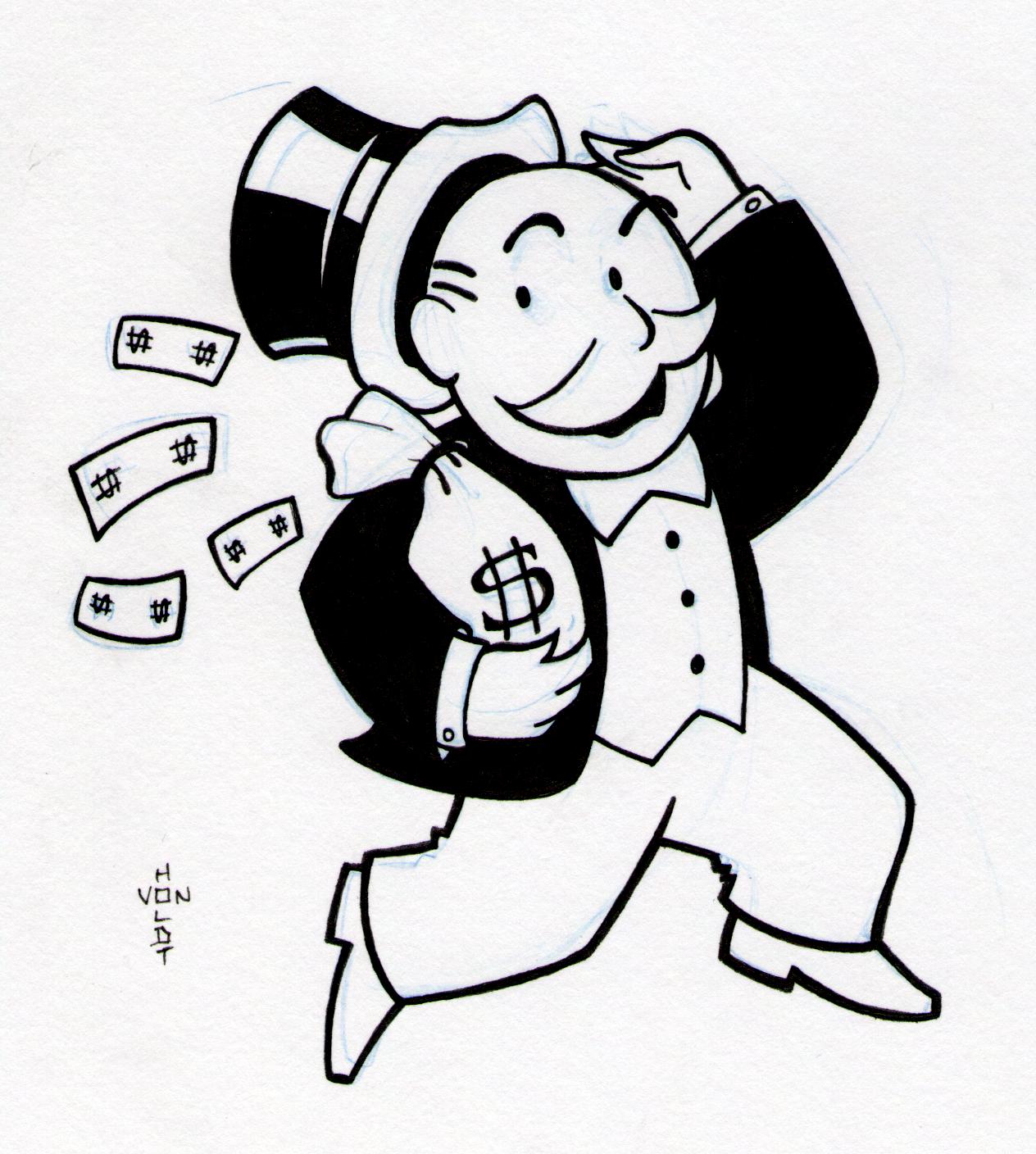

Cicilline noted in his announcement of the bill, “Nearly 3 out of every 4 Americans get news from platforms controlled by these two corporations. The bill would give newspapers and publishers to right to bargain against Facebook and Google.Īs Rep.

He has introduced the Journalism Competition and Preservation Act today to provide a safe harbor in current antitrust laws. Cicilline has been extremely active on antitrust. The bill, much like Booker’s, only addresses one sector. These tactics allow the pharmaceutical companies to charge monopoly prices long after the original patents expire.

Likewise, Representative David Cicilline and Judiciary Committee Chairman Jerrold Nadler introduced the Affordable Prescriptions for Patients Through Promoting Competition Act of 2019 to prohibit pharmaceutical companies from engaging in anticompetitive “product hopping.” The bill would bar the many tactics and gimmicks that drug makers use to extend their patents almost indefinitely. However, the bill is limited in its ambitions and duration: it would only be valid for 18 months, or until more comprehensive legislation is passed. It would also create a commission to beef up antitrust enforcement in the agriculture industry. The bill would place a temporary ban on mergers in the agricultural sector. It is one of the most highly concentrated sectors of the economy with large oligopolies standing between consumers and farmers. agricultural sector is rife with oligopolies in all areas: seeds, poultry, pork, beef, milk, and the trading of grains. They attempt to put band aids on specific sectors, not reform antitrust laws comprehensively.įor example, Cory Booker, a Democratic senator from New Jersey, has introduced a bill to prevent further consolidation in the agricultural sector. These, however, are almost all piecemeal, limited approaches. So far, we have seen the introduction of a few much-needed bills to prevent further concentration. The poachers turned gamekeepers are so deeply conflicted, they will never enforce the laws to the detriment of their former and prospective clients. They are all part of the revolving door crowd, making millions of dollars representing monopolies, doing a stint in government and then returning to their old law firms to argue against antitrust enforcement. The FTC and DOJ have no interest in enforcing the laws as written and have been busy gaslighting the public. It would be tempting to conclude that greater exposure of the problems of concentration and new ideas might lead to reform.īut the books and the articles in the press alerting to the dangers of monopolies will not bring reform. has become a land of monopolies and oligopolies.


 0 kommentar(er)
0 kommentar(er)
